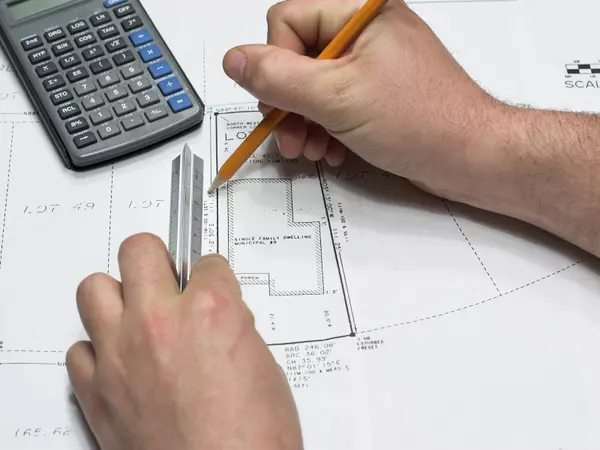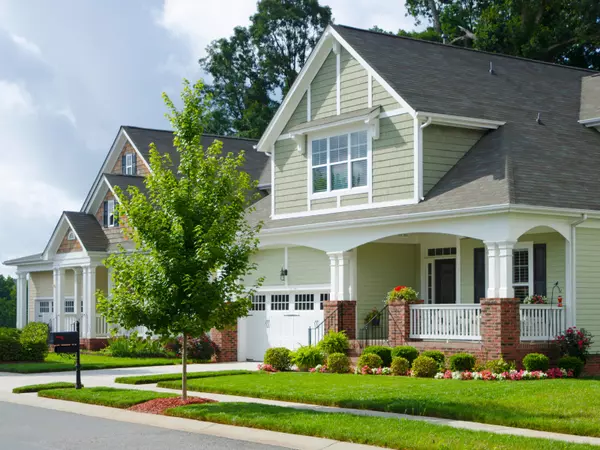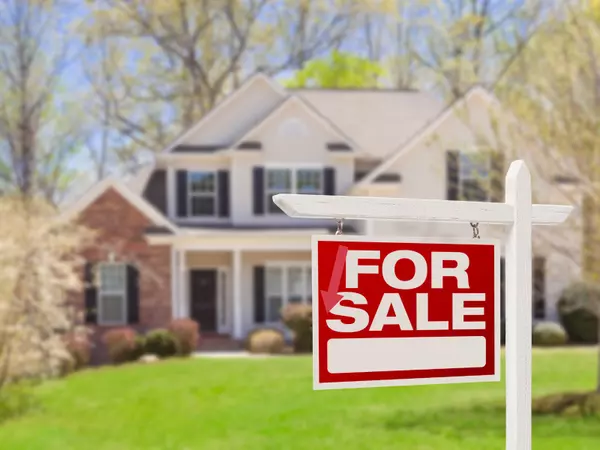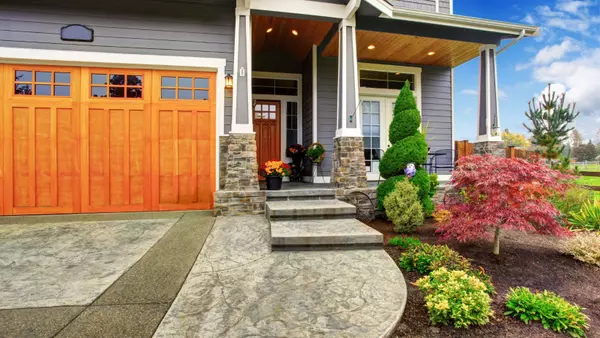Resources
Explore below to discover tips and tricks to make the most of your buying and selling experience.

5 Irresistible Reasons to Trade the City Bustle for Skagit County
In today's fast-paced world, many are seeking a simpler, more serene way of life away from the hustle and bustle of city living. If you're considering making the leap from a bustling city to the tranquil beauty of Skagit County, you're in for a treat! Here are five compelling reasons why people are

Smart Moves: 5 Ways to Save Money When Moving Homes
At Brown McMillen, we understand that moving to a new home is an exciting journey, but it can also be a costly one. That's why we're dedicated to helping our clients not only find their dream homes but also navigate the moving process with ease and financial savvy. In this blog post, we're sharing

Keeping You and Your Home Safe During the Darker Days of Winter
Winter can bring about unique challenges, especially when it comes to keeping your home safe during the dark hours. At Brown McMillen Real Estate, we want to make sure our clients and our community stays safe. Here are some tips to help you prepare and ensure the safety of your home during the wint
Recent Posts










